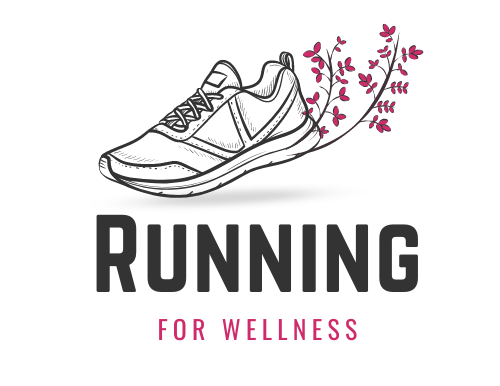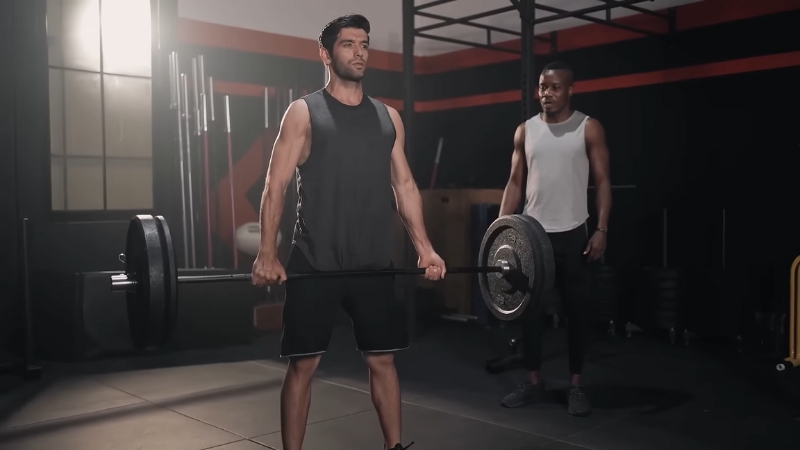More veterans are moving into fitness and health coaching careers, bringing unmatched discipline and values that align perfectly with industry demands.
Military service instills qualities that help them excel in guiding others toward their health and fitness goals.
That is why nobody should be surprised that there are so many of them who have decided to make this step in their careers.
Let us see a couple of reasons why making this kind of step is a good idea.
1. Resilience and Mental Toughness
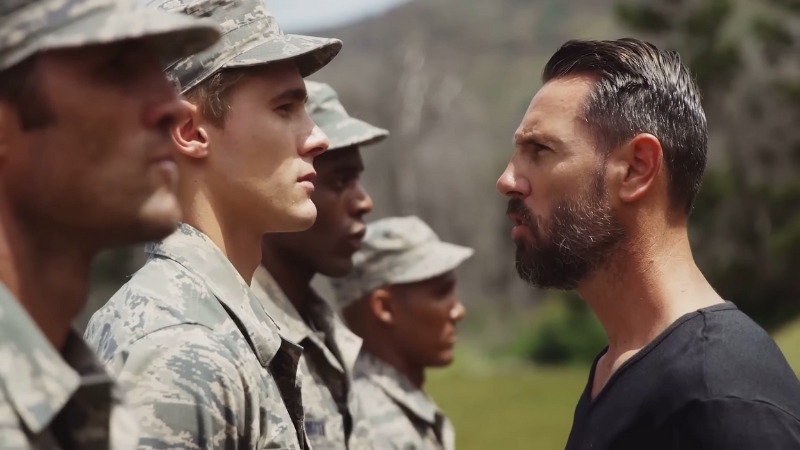
Military training builds far more than physical strength; it develops an enduring mental toughness that becomes invaluable in coaching.
Years of overcoming physical exhaustion, harsh environments, and high-stakes scenarios create individuals who remain calm and determined under pressure.
This mental conditioning allows veterans to guide clients through the hardest parts of their fitness journey, whether it involves recovering from an injury, breaking a plateau, or regaining confidence after setbacks.
Their ability to relate to challenges on both a mental and physical level makes them approachable yet highly motivating.
Athletes benefit from a coach who knows firsthand how to push forward when the body and mind resist progress.
The balance of empathy and firm guidance empowers clients to face discomfort and commit to long-term progress without losing morale.
Key advantages for clients include:
As Andres Ruocco, a veteran turned coach, stated, living through both victories and challenges provides the credibility to inspire athletes in ways that technical skills alone cannot. To find his full interview for BMMagazine, click here.
2. Commitment to Physical Fitness
Physical readiness is not just encouraged in military service; it is an uncompromising requirement.
Years of consistent training create habits that carry forward into civilian life, and those habits form the backbone of a veteran’s approach to coaching.
Veterans often have advanced knowledge of conditioning, injury prevention, and body mechanics, built through experience and repetition.
In a coaching environment, this background translates into leadership by example, showing clients that discipline and consistency produce tangible results.
Their training sessions are often marked by structured programming, measurable goals, and a clear focus on safety without compromising challenge. Clients benefit from role models who display the very qualities they aim to develop.
Typical practices veterans bring to coaching include:
3. Leadership Under Pressure
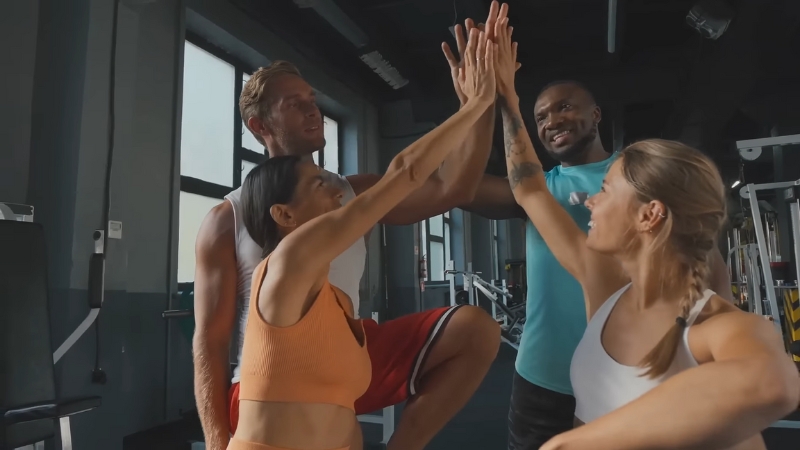
Decision-making under stress is second nature for those with a military background. In sports or fitness coaching, split-second choices can determine the success of a session, a competition, or a rehabilitation process.
Veterans excel at assessing situations quickly, issuing clear instructions, and adjusting strategies to keep clients on track.
Their presence creates a sense of confidence among clients, as they project calm authority even during challenging circumstances.
Accountability becomes a natural part of the coaching relationship, with clients understanding that their progress depends on commitment and discipline.
These leadership qualities carry over into organizing group workouts, preparing athletes for high-pressure events, and inspiring individuals to achieve their personal best.
4. Teamwork and Communication Skills
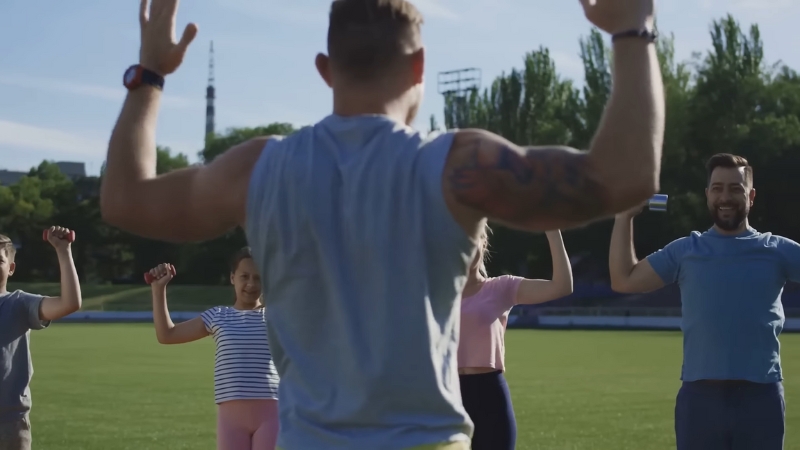
Successful missions depend on cooperation and mutual respect, traits that veterans naturally carry into the coaching environment.
Their ability to unite individuals with different personalities and skill levels fosters a supportive atmosphere where clients push each other toward success.
Communication is clear, direct, and adapted to the needs of each individual or group.
This ensures exercises are explained in a way everyone can follow, minimizing confusion and maximizing safety.
In group training, veterans are skilled at balancing authority with encouragement, keeping sessions structured yet enjoyable.
Core teamwork strengths in coaching include:
5. Purpose-Driven Service and Motivation
A sense of mission fuels the work ethic of many veterans, and that same drive carries over into coaching.
Helping clients improve their health and physical abilities often feels like an extension of their service, with each milestone achieved resembling a mission accomplished.
This mindset ensures a coach’s focus remains on client progress rather than personal recognition.
Such dedication naturally inspires clients to work harder, knowing their coach is invested in their success.
Veterans often celebrate client achievements as collective victories, reinforcing a shared sense of purpose that deepens the coaching relationship.
6. Adaptability and Fast Decision-Making
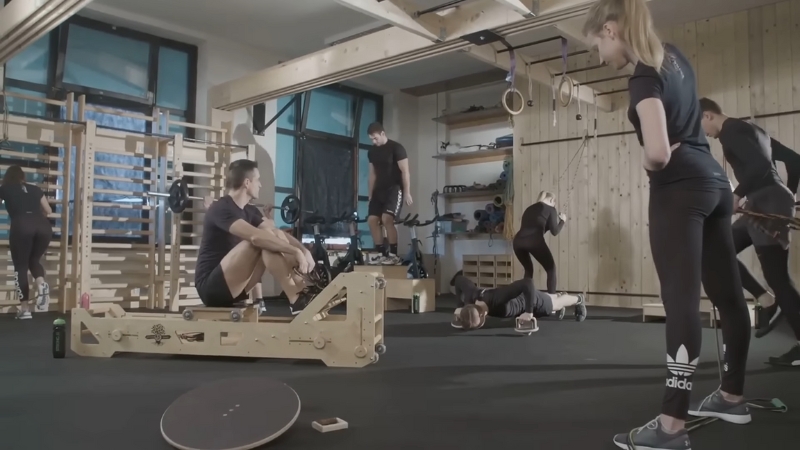
Military service requires the ability to adapt instantly to new situations, a skill that translates seamlessly into dynamic training environments.
A veteran coach can quickly assess a client’s condition and modify an exercise, adjust a workout plan to suit unexpected changes, or shift strategies to keep progress steady. This responsiveness ensures training sessions remain effective, even when plans change unexpectedly.
Clients appreciate a coach who can make adjustments without hesitation, keeping energy and focus high.
In competitive or performance-based settings, such adaptability can mean the difference between meeting a goal and missing it.
Adaptability benefits for clients include:
7. A Strong Sense of Community and Empathy
Service life fosters bonds built on trust, loyalty, and shared hardship.
Many veterans seek to recreate this sense of connection after their service, often finding it in fitness communities. Their ability to build rapport and create a welcoming environment helps clients feel part of something larger than themselves.
Empathy comes naturally, allowing them to support clients through personal and physical challenges with genuine care.
A strong sense of belonging increases client retention and satisfaction, as people are more likely to stay committed when they feel valued.
Veteran coaches not only help individuals reach fitness goals but also cultivate spaces where mutual respect and encouragement thrive.
The Bottom Line
Veterans offer the fitness industry a combination of discipline, leadership, resilience, and community spirit that few other backgrounds can match.
Their lived experiences shape a coaching style that inspires, motivates, and supports clients on both physical and mental levels.
Hiring managers, gym owners, and aspiring trainers can benefit greatly by supporting and promoting the integration of veterans into fitness coaching roles.
Related Posts:
- How Can You Start a Career as a Running Coach?
- Running Coach Salary - How Much Do They Really Make?
- 10 Best Running Documentaries - Inspiring Films for Runners
- Lower Back Pain While Running? Here's What You Need to Know
- How Long Does It Take to Train for a Half Marathon?
- 60+ Best Bible Verses for Athletes - Motivation and…
